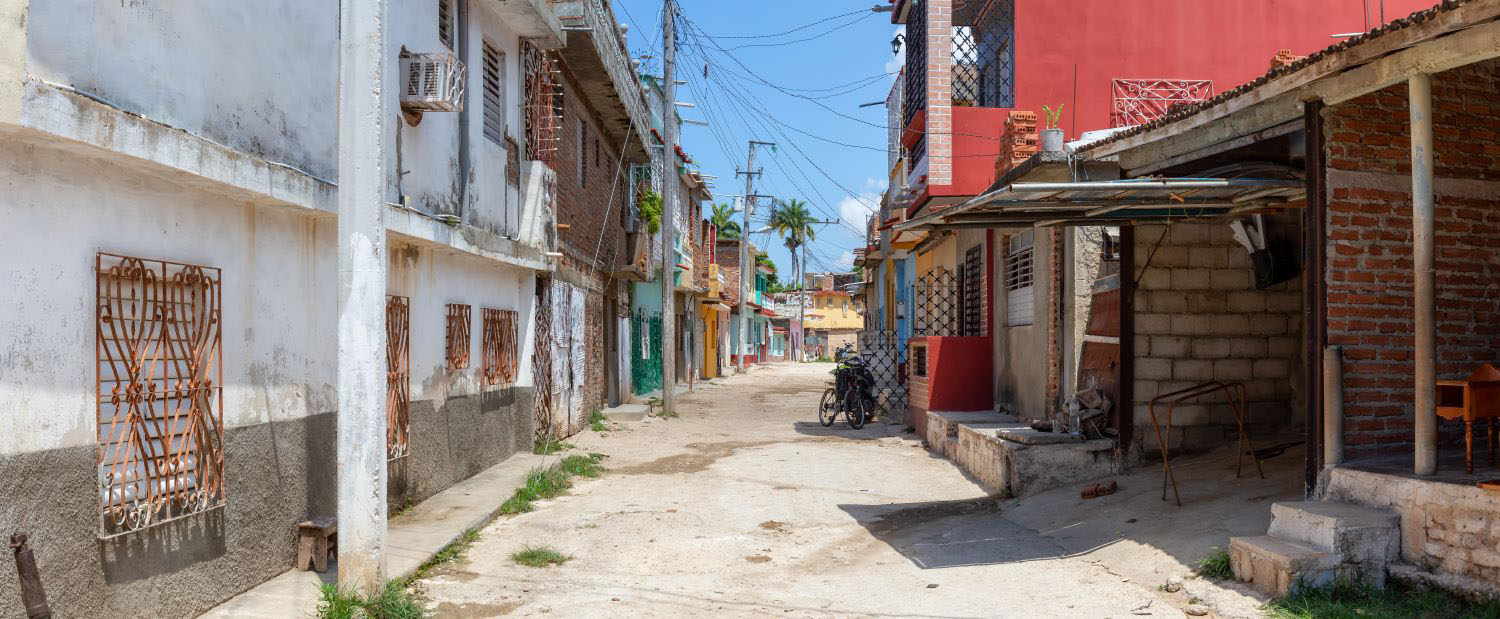This post is joint with Ross ThuotteToday, the World Bank announced that Jim Yong Kim will be the institution’s next president. As the dust settles from the leadership selection debate, the focus will necessarily shift to the issues that confront Kim and the world’s leading development institution. One of the most difficult and important questions is: how can the bank more effectively engage in fragile and conflict-affected countries?

The
World Bank Group has worked in such countries for years. In recent statements and publications (notably, the
2011 World Development Report) the bank has placed this group of countries at the forefront of the development dialogue. This reflects increased donor concern about the economic, social, and political impact of conflict and fragility not only for the unfortunate people living in these countries, but for the rest of the world as well. Yet the World Bank Group lacks a group-wide strategy to guide its work in these difficult environments. As a result, country directors and task managers are often left with little guidance in countries that present highly complex challenges
in addition to the difficulties already present in a typical developing country.Together with Ben Leo, we have studied one aspect of this problem—the bank’s support for private sector growth. Today we are releasing our report,
Supporting Private Business Growth in African Fragile States: A Guiding Framework for the World Bank Group in South Sudan and Other Nations. We start with the assumption that the private sector is instrumental in promoting development – even in the most difficult of political environments. We argue that in order to improve its private sector interventions, the World Bank should align its projects with three criteria:
- The constraints that businesses cite as the most binding limitations to growth.
- The host governments’ priorities for business climate improvements or strategic economic sectors.
- The sectors in which World Bank projects have been most effective over time.
By analyzing three decades worth of project-level data from the World Bank (IDA), IFC and MIGA, we find that IDA-funded projects are broadly aligned with business and government priorities, but IFC’s alignment is more mixed. Our report’s findings are nuanced and complex – just like the operating environments in fragile states themselves. We conclude that the path to project success in fragile states must start with a clear strategy – one that is based on the sound analysis of past and present circumstances, country characteristics, and project evaluations. We invite you to read the
report for more details, and to provide feedback in the space below.
CGD blog posts reflect the views of the authors, drawing on prior research and experience in their areas of expertise.
CGD is a nonpartisan, independent organization and does not take institutional positions.






